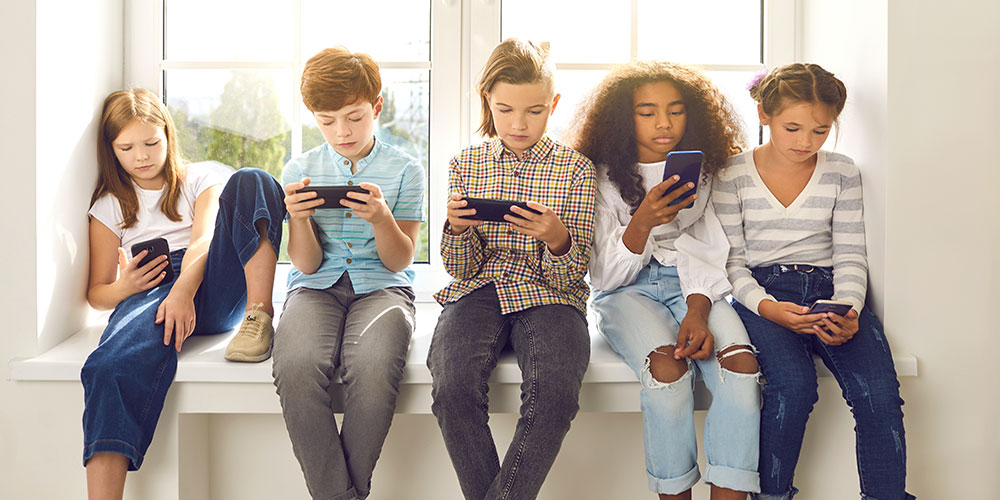U.S. Surgeon General Dr. Vivek Murthy issued an advisory Tuesday about the mental health impacts of social media on young people, urging policymakers, tech companies, researchers, and caregivers to make a concerted effort to better understand the potential consequences.
“We are in the middle of a national youth mental health crisis, and I am concerned that social media is an important driver of that crisis — one that we must urgently address,” reads the advisory. “The most common question parents ask me is, ‘Is social media safe for my kids?’ The answer is that we don’t have enough evidence to say it’s safe, and in fact, there is growing evidence that social media use is associated with harm to young people’s mental health.”
Citing a survey of adolescents, the advisory says social media may cause and perpetuate body image issues, affect eating behaviors and sleep quality, and lead to social comparison and low self-esteem, particularly among young girls. Adolescents who spend more than three hours a day on social media are also twice as likely to experience poor mental health outcomes, such as symptoms of depression and anxiety.
Most adolescents also said social media helps them feel more accepted, more supported during difficult times, more connected to their friends, and more creative. The advisory says policymakers should strengthen safety standards in ways that enhance these benefits for children of all ages, noting inappropriate and harmful content is easily and widely accessible to children.
“More research is needed to fully understand the impact of social media; however, the current body of evidence indicates that while social media may have benefits for some children and adolescents, there are ample indicators that social media can also have a profound risk of harm to the mental health and well-being of children and adolescents,” the advisory states. “At this time, we do not yet have enough evidence to determine if social media is sufficiently safe for children and adolescents.”
The advisory also urges tech companies to adhere to age limits to control access to social media and be transparent about data regarding the impact of their products on children. Algorithms and platform design should instead seek to maximize the potential benefits of social media instead of features designed to ensure users spend more time on them. It also suggests researchers further prioritize social media and youth mental health research that can “support the establishment of standards and evaluation of best practices to support children’s health.”
Parents and caregivers are advised to establish tech-free zones that better foster in-person relationships, teach kids about responsible online behavior and model that behavior, and report problematic content and activity.
As for children and adolescents, the advisory recommends they adopt healthy practices such as limiting time on platforms, blocking unwanted content, being cognizant of sharing personal information, and telling an adult or an authority if they or a friend need help or see harassment or abuse on social media.













